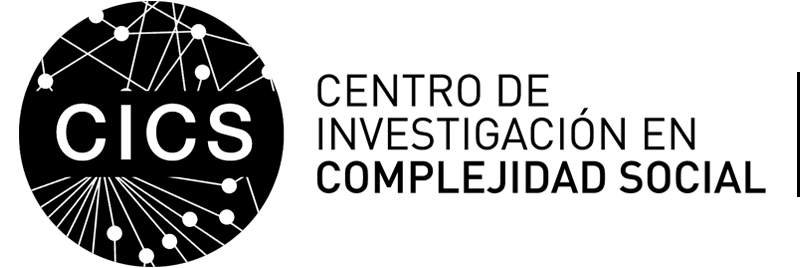Institutions influence preferences: Evidence from a common pool resource experiment
Carlos Rodríguez-Sickert, Ricardo Andrés Guzmán and Juan Camilo Cárdenas. Journal of Economic Behavior and Organization 67(1): 215-27, 2008.
ABSTRACT
We model the dynamic effects of external enforcement on the exploitation of a common pool resource. Fitting our model to experimental data we find that institutions influence social preferences. We solve two puzzles in the data: the increase and later erosion of cooperation when commoners vote against the imposition of a fine, and the high deterrence power of low fines. When fines are rejected, internalization of a social norm explains the increased cooperation; violations (accidental or not), coupled with reciprocal preferences, account for the erosion. Low fines stabilize cooperation by preventing a spiral of negative reciprocation.


